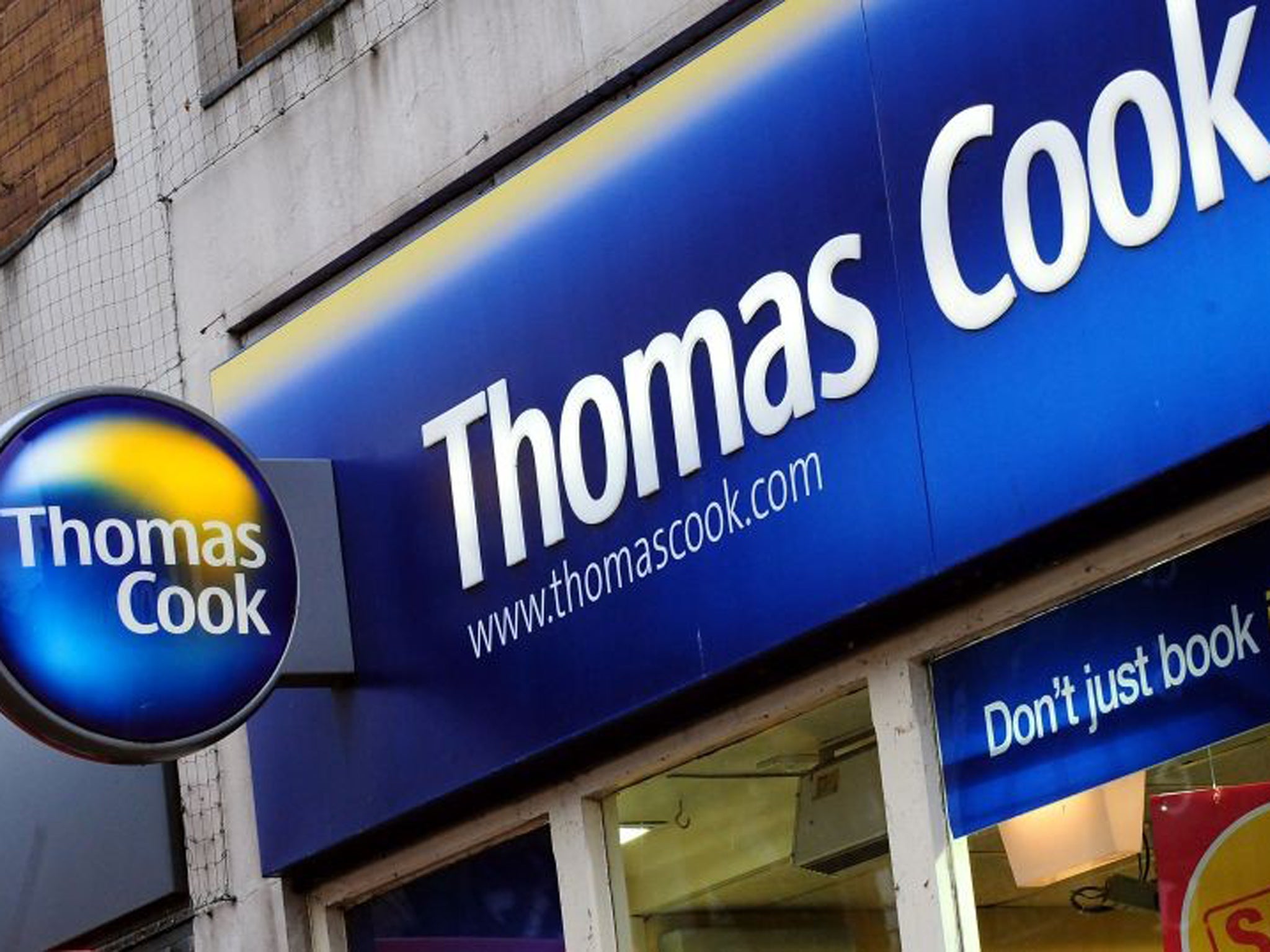Simon Calder: So Thomas Cook branches are closing - but travellers who book holidays on the internet instead will miss their expertise

The internet is made for travel, connecting millions of people with billions of combinations of flight seats, hotel beds and rental cars. You can understand anyone with a broadband connection concluding that, as they have access to the same products as the traditional travel agent, they too must be a travel agent.
They are not, of course, which is why so many apparently straightforward bookings go expensively awry (as the family who have just contacted me after juxtaposing first and last names on a Qatar Airways flight have unfortunately discovered).
But in the chronically low-margin industry of travel, the market is brutal. Thomas Cook’s new boss, Harriet Green, evidently believes that not enough people value the service of her firm’s agents to justify such a strong High Street presence – and that the customers who have moved online are not coming back any time soon.
Given that blunt assessment, the consequences are clear. Any agency that is struggling to meet targets is a candidate for closure. And if two Thomas Cook shops serve the same catchment area, business logic suggests that only the stronger will survive. The firm will hope that customers from the weaker will remain loyal to the brand: Thomas Cook is, after all, the most durable name in the travel business.
Cost-cutting is not risk-free, however. A smaller high street presence means fewer opportunities to sell the aircraft seats and package holidays that are the other crucial elements in Thomas Cook’s “vertically integrated” business model.
Thomas Cook is also shedding valuable human capital, in the shape of expertise. Some shop staff give the impression of being both poorly paid and poorly travelled, merely “order-takers” in a world that no longer needs such people. But most have a wealth of experience. They know the right questions to ask so that they sell the right holiday, and are also aware of the many pitfalls between the buyer and the beach.
My next holiday happens to be booked with Thomas Cook. The agent took the family’s passport details and immediately said, “Where you’re going you need at least six months’ validity on the passport, so renew your daughter’s passport now”. You don’t get that on the internet.
Join our commenting forum
Join thought-provoking conversations, follow other Independent readers and see their replies
Comments